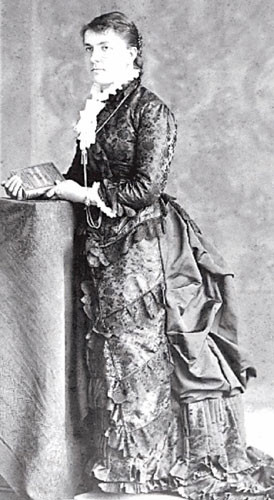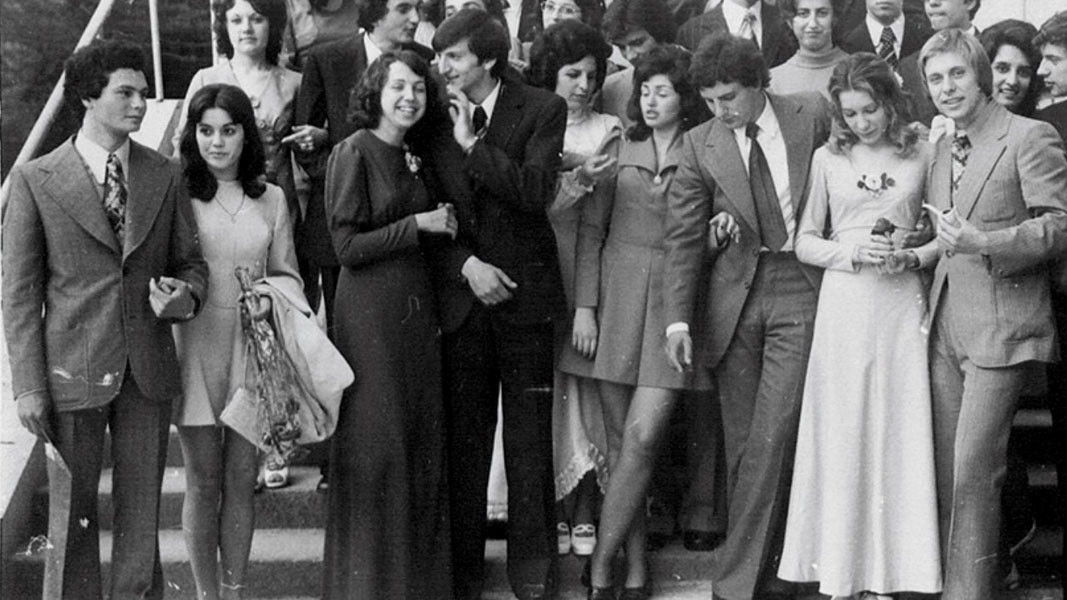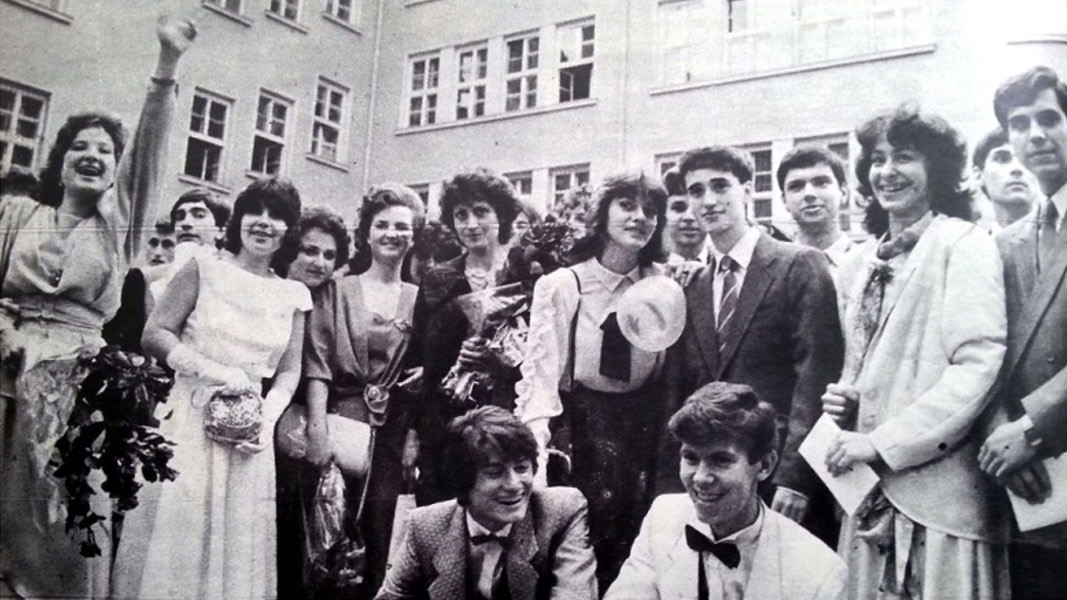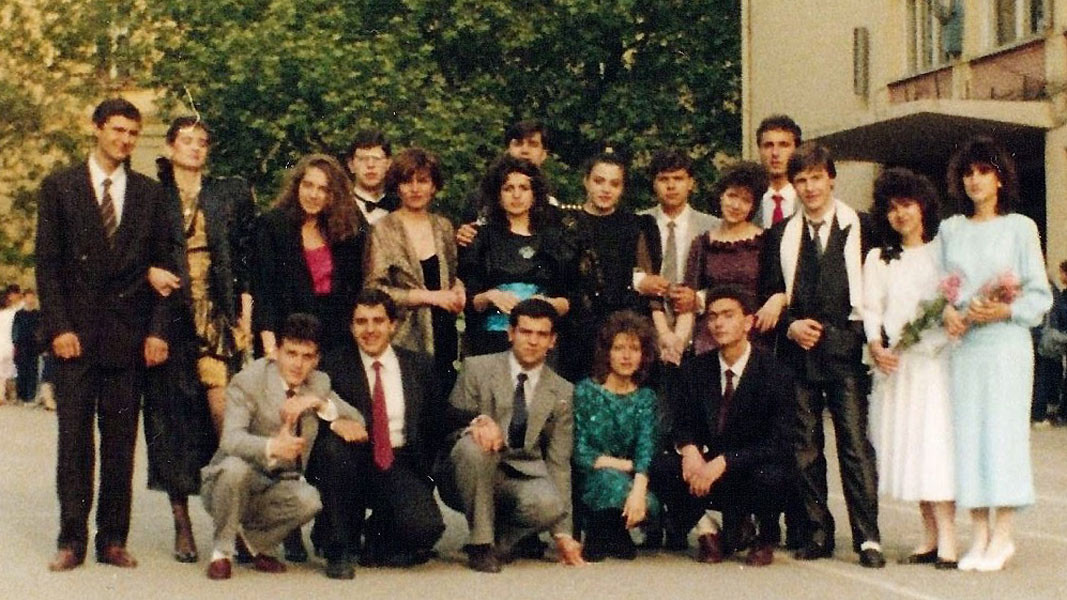Girls and boys from the most respected families in Bulgaria in the years following the country’s liberation were presented in society at an elegant soiree. The young people would bid farewell to school life and step into the real world of new responsibilities and relationships to the sound of waltzes and mazurkas, played by an orchestra.
 As a reminder of the 140-year long history of proms in this country, the Museum of History in Tervel is organizing a fashion show to demonstrate what kind of clothes ladies have worn on prom night through the years. The models will be school girls, and what different items of clothing they will be showing – that will be up to the people of the town. The only prom night outfit the museum has on hand is a city-style outfit in beige from the turn of last century – a corset, a long skirt and a jacket, with a wide-brimmed hat. That is why people in Tervel have been asked to go through their old wardrobes and closets so that any prom gowns they find can be presented on Museum Night, 18 May.
As a reminder of the 140-year long history of proms in this country, the Museum of History in Tervel is organizing a fashion show to demonstrate what kind of clothes ladies have worn on prom night through the years. The models will be school girls, and what different items of clothing they will be showing – that will be up to the people of the town. The only prom night outfit the museum has on hand is a city-style outfit in beige from the turn of last century – a corset, a long skirt and a jacket, with a wide-brimmed hat. That is why people in Tervel have been asked to go through their old wardrobes and closets so that any prom gowns they find can be presented on Museum Night, 18 May.
“The school proms came into being a little after the liberation of Bulgaria with the idea of the girls and boys making their presentation in society and demonstrating what they have learnt, showing good manners and establishing social contacts,” says Georgi Zhelev, curator of the Museum of History in Tervel. “To begin with it was the wealthiest that went to prom night, but gradually the tradition took root with people who were not so well off. In the first years the girls wore long dresses and put on big wide-brimmed hats, while the trend for boys were elegant tight-fitting and a cane or umbrella. The girls also carried a small parasol and a handbag. With time these accessories disappeared and school leavers today tend to demonstrate expensive watches and flashy cars. Back in the day the young people would go to prom night in a carriage or would walk. They also took walks in the town park, or some other public place so as to be seen in public.”

Walks in the park and the wish to make a good first public impression is now a thing of the romantic post-liberation years. In the years of totalitarianism this element was lost and proms were regarded as the night on which the young people would get together with friends and classmates for the last time. That was the time when serenades became the vogue – under the windows of the teachers they loved best, usually to the accompaniment of a guitar.
“There was a tradition in our town for the young people to serenade their form tutors, they sang their favourite songs, and always – To sir with love,” Georgi Zhelev says.

Regrettably, nowadays expensive clothes, jewellery and cars, and lavish parties seem to have taken the place of the original idea of proms, turning them into a demonstration of wealth and, more often than not, of poor taste.
“The only element that has come down to us is that the school leavers first get together in the school yard before leaving for the place they will be partying,” Georgi Zhelev says. “Otherwise the old tradition is gone – the students once went to the restaurant on foot, but now we see them hanging out of car windows. The truth is that it does not really matter what you are wearing or what kind of car will drive you, what is more important is what will happen the day after and whether you have any clear idea what you want to do with your life.”

Photos: archive
Dear friends, we are happy to announce that the Bulgarian National Radio’s QSL cards for 2025 are now available. The two series – one with 6 postcards and the other with 12 postcards – are entitled "The Beauty of Bulgaria." The series of 6 cards..
From the first attempts to fly with homemade wings back in the 19th century, to the world's first combat flights with reconnaissance and bombing purposes. From the first successful landing of an airplane with a stopped engine in history, to the world's..
On the night of 19-20 January - the celebration of Yordanovden (Epiphany) and Ivanovden (St. John's Day) in the Julian calendar - the northwestern town of Kula will host the traditional "Kapachi" ("Bathing") ritual. This is a unique event, with a..
Deanna Haag was born in Cleveland, Ohio, USA. She grew up dreaming of adventure and new horizons. After graduating from Wittenberg College in Ohio..

+359 2 9336 661
